In the aftermath of COVID-19, UBC IRES and IOF prof Kai Chan resists a return to our pre-pandemic practices that contribute to crises in climate and ecology by detailing transformative pathways towards a thriving, sustainable future.
September 17, 2020: IRES Faculty Roundtable with Milind Kandlikar, David Boyd, and Claire Kremen
IRES Seminar Series
Time: 12:30pm to 1:30pm (every Thursday)
Via Zoom
Please email communications@ires.ubc.ca for video.
*********************************************************************************
COVID-19 and the Environment: Status-quo ex-ante or a long term transition?
In March and April of 2020 as COVID-19 lockdowns were put in place around the world, observers noticed a palpable change in environmental conditions. As economic activity and movement of people stalled environmental quality improved. For example, air quality in places with notoriously bad levels of pollution became a lot better, observations of animal and bird life went up, and emissions of carbon dropped. However, six months into the pandemic we seem to be back to where we were in early 2020. This panel will address what we have learnt from this episode, and whether it provides lessons for a longer term transition to improved environmental and human health protection, including: the relationship between emerging infectious diseases, wildlife trade and deforestation, and the importance of actions to prevent future pandemics; how COVID-19 reveals the many frailties of our food system; and the future implications of COVID-19 for air quality and climate change.
Milind Kandlikar
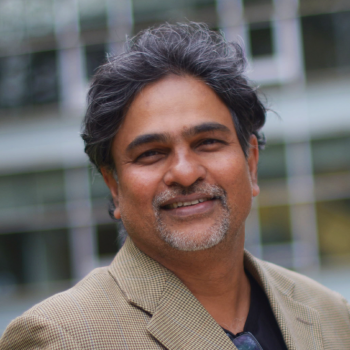
Director & Professor at IRES, Professor at the School of Public Policy and Global Affairs
Bio:
Milind Kandlikar (PhD Carnegie Mellon) is a Professor at the Liu Institute for Global Issues and the Institute for Resources, Environment and Sustainability. His work focuses on the intersection of technology innovation, human development and the global environment. Dr. Kandlikar’s current projects include the regulation of agricultural biotechnology including implications for food security; air quality in Indian cities; risks and benefits of nanotechnology; solar lighting systems in the developing world; and development and climate change. He has also published extensively on the science and policy of climate change.
David Boyd
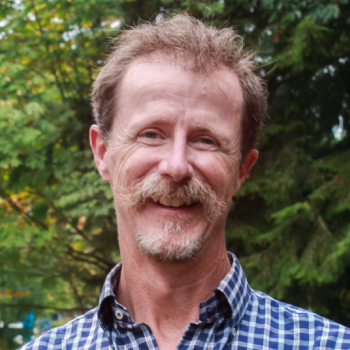
Associate Professor at IRES, UN Special Rapporteur on human rights and the environment
Bio:
David R. Boyd is an environmental lawyer and internationally renowned expert on human rights and the environment. He has a PhD in Resource Management and Environmental Studies from UBC, a JD from the University of Toronto, and a business degree from the University of Alberta. His primary focus is on identifying laws and policies that will accelerate the transition to an ecologically sustainable and just future, both in Canada and across the world. Areas of particular interest include environmental justice, environmental rights and responsibilities, the rights of nature, the debate between regulation and economic instruments, and urban environmental issues. Boyd is the author of seven books and over 100 articles on environmental issues. His most recent books include The Optimistic Environmentalist (ECW Press, 2015), Cleaner, Greener, Healthier: A Prescription for Stronger Canadian Environmental Laws and Policies (UBC Press, 2015), The Right to a Healthy Environment: Revitalizing Canada’s Constitution (UBC Press, 2012) and The Environmental Rights Revolution: A Global Study of Constitutions, Human Rights, and the Environment (UBC Press, 2012).
Claire Kremen
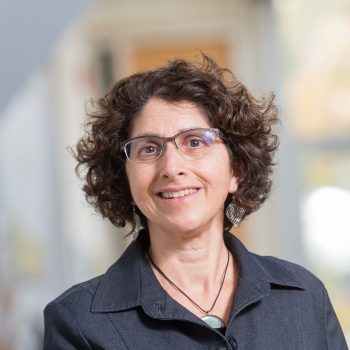
Professor at IRES, Professor at the Department of Zoology, President’s Excellence Chair in Biodiversity
Bio:
Claire Kremen is President’s Excellence Chair In Biodiversity with a joint appointment in IRES and Zoology at the University of British Columbia. She is an ecologist and applied conservation biologist working on how to reconcile agricultural land use with biodiversity conservation. Current research questions in her lab include: How do different forms of agricultural land management influence long-term persistence of wildlife populations by promoting or curtailing dispersal movements and population connectivity? Specifically, can diversified, agroecological farming systems promote species dispersal and survival? How do different types of farming systems affect ecosystem services, yields, profitability, sustainability and livelihoods? How do we design sustainable landscapes that promote biodiversity while providing for people? Before coming to UBC, she held faculty appointments first at Princeton University and then at University of California, Berkeley, where she was also founding Faculty Director for the Center for Diversified Farming Systems and the Berkeley Food Institute. Prior to those appointments, she worked for over a decade for the Wildlife Conservation Society and the Xerces Society, designing protected area networks and conducting biodiversity research in Madagascar, a biodiversity hotspot. Her work both then and now strives to develop practical conservation solutions while adding fundamentally to biodiversity science. She is a member of the Scientific Advisory Board of Conservation International, Field Chief Editor for Frontiers in Sustainable Food Systems, and, since 2014, has been noted as a highly-cited researcher (Thomson-Reuters’ “World’s Most Influential Minds”/Clarivate Analytics).
September 10, 2020: IRES Awards Session with Kai Chan (First Seminar in Term 1)
IRES Seminar Series
Time: 12:30pm to 1:30pm (every Thursday)
Via Zoom
Please email communications@ires.ubc.ca for Zoom video.
*********************************************************************************
IRES Awards Session
Want to write an application that you’ll be proud of for an NSERC or SSHRC master’s or doctoral award? Nervous about crafting a research proposal that will make your application stand out? Join this Awards Info Session and kick-start the writing process with some great tips and direction for creating a successful application.
During this session, IRES Professor Kai Chan will provide guidance from 15 years reviewing NSERC & SSHRC applications at departmental, university and national levels. He welcomes questions from the audience.
Kai Chan
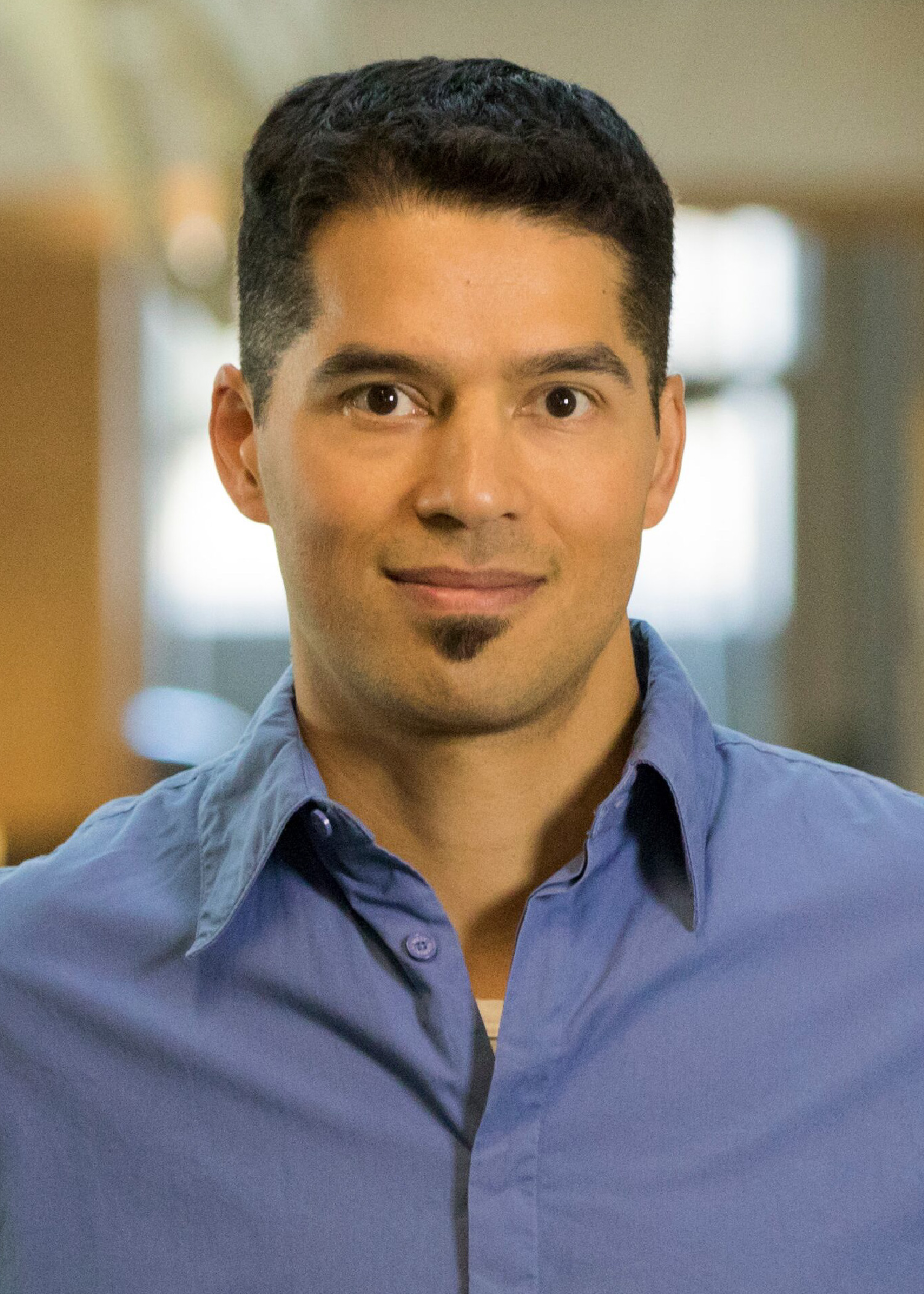
Professor, IRES
Bio:
Kai Chan is a sustainability scientist whose work straddles social and natural systems with a focus on values and transformative change. He is a professor at the University of British Columbia, a member of the Royal Society of Canada’s College of New Scholars, Artists and Scientists (2017), a Coordinating Lead Author of the IPBES Global Assessment, a Lead Editor for the new journal People and Nature, a member of Canada’s Clean16 for 2020, and co-founder of CoSphere (a Community of Small-Planet Heroes).
Graham McDowell Awarded Sumaila-Volvo Graduate Prize in Environmental Sustainability
The Sumaila-Volvo Graduate Prize in Environmental Sustainability is a $3,850 prize has been made available through an endowment established by Dr. Rashid Sumaila upon being named the 2017 Volvo Environment Prize laureate for a Master’s or Ph.D. student whose peer-reviewed publications to date are expected to have the most significant impact on the field of environmental sustainability.
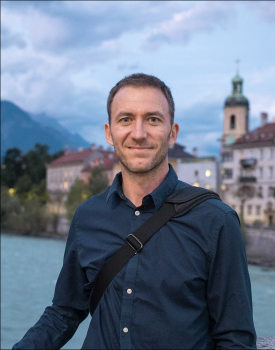
Congratulations to Graham McDowell for winning the Sumaila-Volvo Graduate Prize in Environmental Sustainability!
Click here to see Graham’s full portfolio of publications.